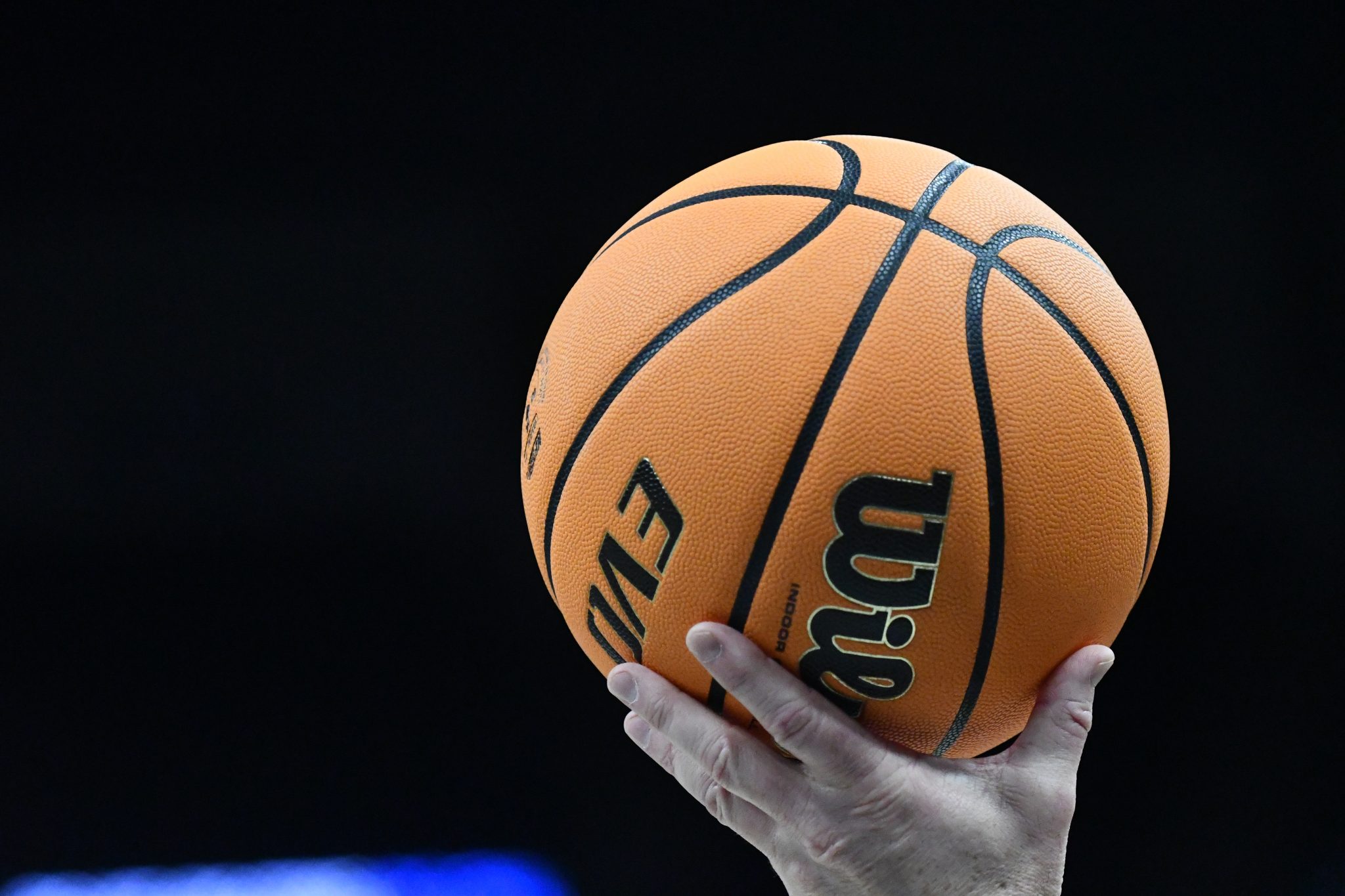Views expressed in opinion columns are the author’s own.
It’s literally impossible to ignore Purdue men’s basketball superstar Zach Edey. Standing at 7’4”, he led the Boilermakers to a championship appearance, where they lost to UConn on Monday.
Despite capturing the nation’s attention as a Canadian in the United States on a student visa, Edey won’t be able to capitalize from name, image and likeness deals that have given collegiate athletes the opportunity to profit from their notoriety.
International students make up nearly 12.8 percent of all Division I NCAA athletes. This past season, this university’s men’s basketball team boasted international talent like Mady Traore from France and Caelum Swanton-Roger from Canada. They could not take an active part in brand deals.
This is not just an NCAA rule since Congress regulates the visa system that governs international students. It’s also a deeply unfair arrangement. In order to allow all students the same financial opportunities under NIL, Congress should finally standardize the system.
The problem with the current F-1 visa system, as it relates to NIL, is that it bans international students from working for money unless they’re in a career training program or on-campus venue. A possible solution would be to create an exemption for NIL participants, but that would require codifying NIL in the first place.
Before modifying the visa system to allow international athletes to participate actively in NIL, Congress needs to define what NIL is and how collegiate athletes can legally profit. This would eliminate the current patchwork landscape, where students are incentivized to gravitate toward states with fewer regulations and larger collective endowments.
The current guidelines allow for two types of NIL participation — active and passive. International athletes are prohibited from active NIL participation, which involves working directly with brands to appear in commercials, social media posts and other influencer-like engagements. Passive participation, like profiting from jersey sales, is allowed for international students because it doesn’t involve any labor from their end.
These rules don’t just hurt students. Local businesses in college towns all over the country are being denied growth opportunities that would come from partnering with international athletes. In West Lafayette, Indiana, where Purdue is, there can’t be commercials featuring the two-time Associated Press Player of the Year Award winner. With international recruiting on the rise, it’s only a matter of time before College Park champions its own foreign-born star and our regional economy will miss out on business opportunities under current rules.
Once NIL is standardized, the federal government could codify an exemption into the F-1 visa program that allows students to participate. Only then will the unequal benefits and disadvantages produced by the current NIL landscape be eliminated.
As a broader solution, a federal NIL bill could require companies to disclose their deals and ban those that compel athletes to attend certain schools for money, which is an issue with the current patchwork of state laws. One recently drafted bill would create an organization that oversees the NIL process and adapts its regulations.
This would work, but it still faces opposition. Legislators may oppose attempts to nationally standardize this, preferring to leave individual states in charge and letting seemingly sensible bills die. Lawmakers should put aside their individual philosophies and see what their inaction has done on a human level.
The NIL age, which promised college athletes that they’d finally be treated like professionals in some sense, has failed players like Edey. They can put together wildly successful college careers while watching their American teammates capitalize in ways international players aren’t afforded.
This is no longer a hypothetical issue. Federal inaction has directly contributed to an environment where college athletes from other countries are put at a financial disadvantage compared to their peers, which is directly unjust. Athletes and administrators agree that this is wrong.
Congress should appreciate this moment of unity, standardize NIL and finally level the playing field.
If we want to attract more collegiate stars, the very least we can do is make sure they’re all treated equally.
Joey Barke is a junior government and politics and journalism major. He can be reached at joey@terpmail.umd.edu



